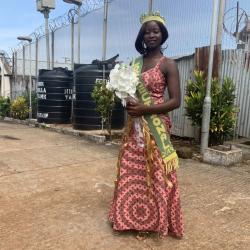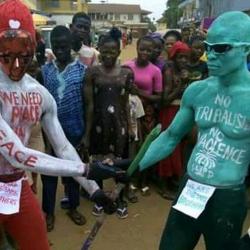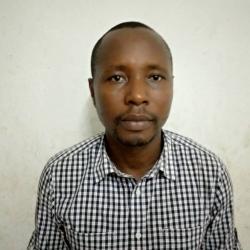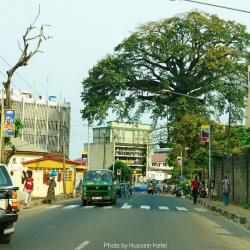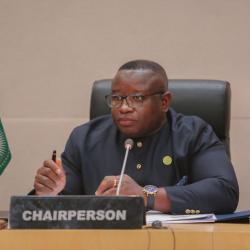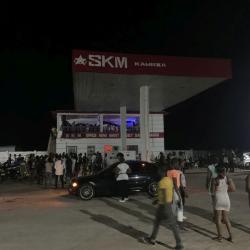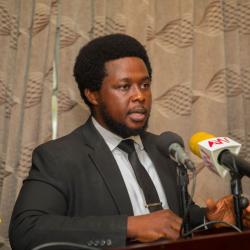By Umaru Fofana
One by one they came. Ten of them. Well dressed. Each walking like a cat. Accompanied by music. First dressed as casual. Then in their national dress. And then in their dinner wear. They were resplendent.
On each occasion they walked up to an elevated podium drenched in a thick AFRICELL brand, with nice chairs for them to sit on in the end. You do not expect this to happen to prisoners. But yes it did.

